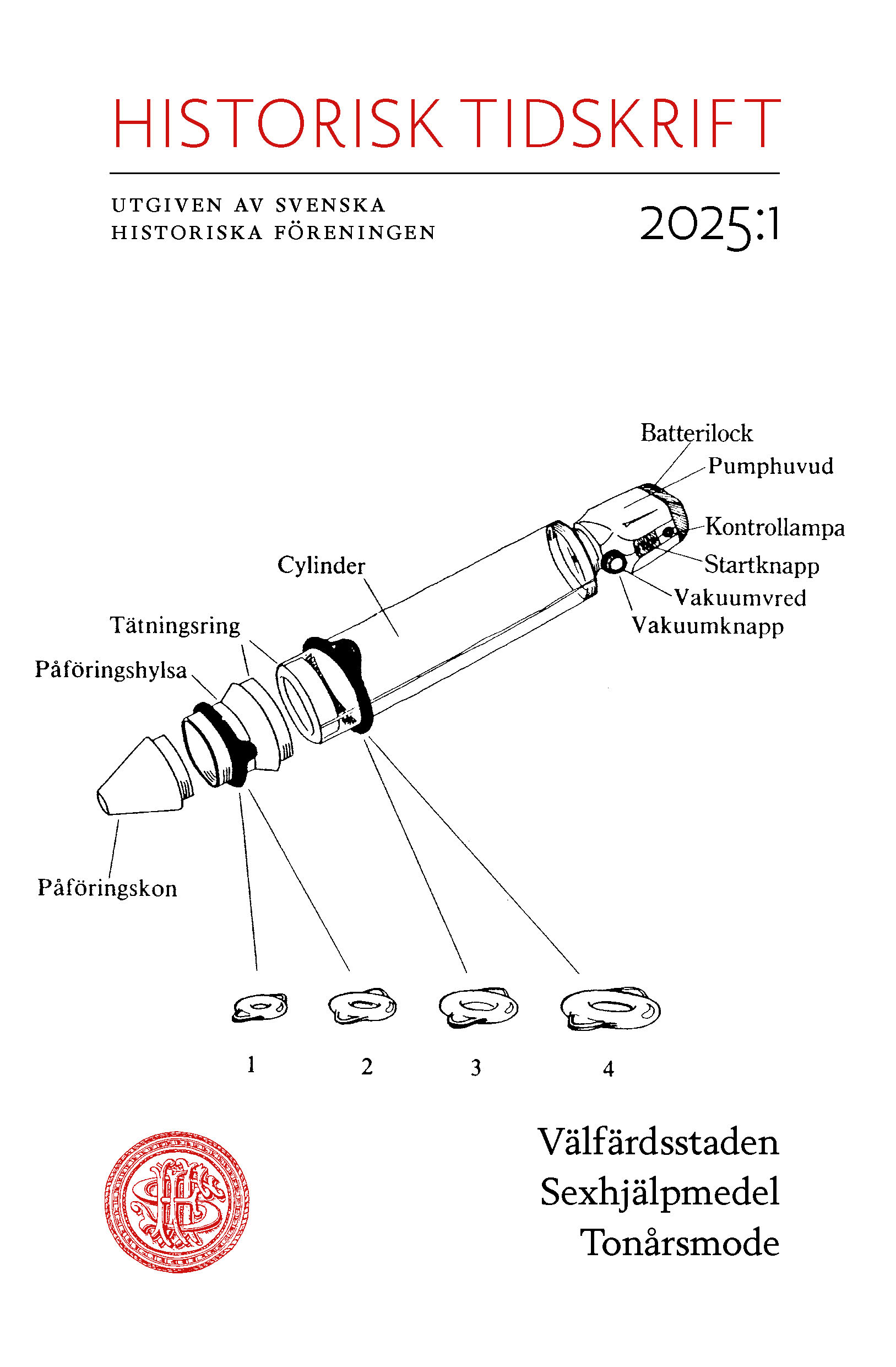Abstract
Social hygiene in the welfare city: Approaches to the housing question in Malmö, 1900–1910
In 1911 the Swedish city of Malmö got its first housing inspection service. It was put forward in a motion by two social-democratic city councillors and supported by conservative councillors as well as by the women’s movement. The vote in the city council passed unanimously and without discussion. This article focuses on how the question of housing was articulated in a way that meant inspections were the answer.
The three stakeholders studied here shared an understanding that the root of the problem was low standards, a corollary of rapid urbanisation and industrialisation. Malmö’s policymakers pointed to low material standards and framed the problem as something that could be solved by municipal social expertise in the form of female housing inspectors. Unusually, the local social-democratic party did not discuss housing inspection to any significant extent; instead, they discussed the housing question more generally as part of their anti-capitalist critique, especially about the programmes to encourage home ownership. The forum where housing inspection was discussed was the local chapter of the Fredrika Bremer-förbundet, Sweden’s foremost women’s rights organisation. They took stock of housing standards in Malmö, built model homes, and lobbied for official housing inspections. For them, the home was primarily a female space, which should be made better by female housing inspectors.
Using these three articulations, the article presents a genealogy of the housing question, and how municipal policy was not only gendered, but had gendering effects. It is a contribution to a growing field of urban history focused on the welfare city, and enlarges on key concepts for the categorisation of welfare city regimes by analysing liberal rule as one primarily geared towards the production of freedom.

